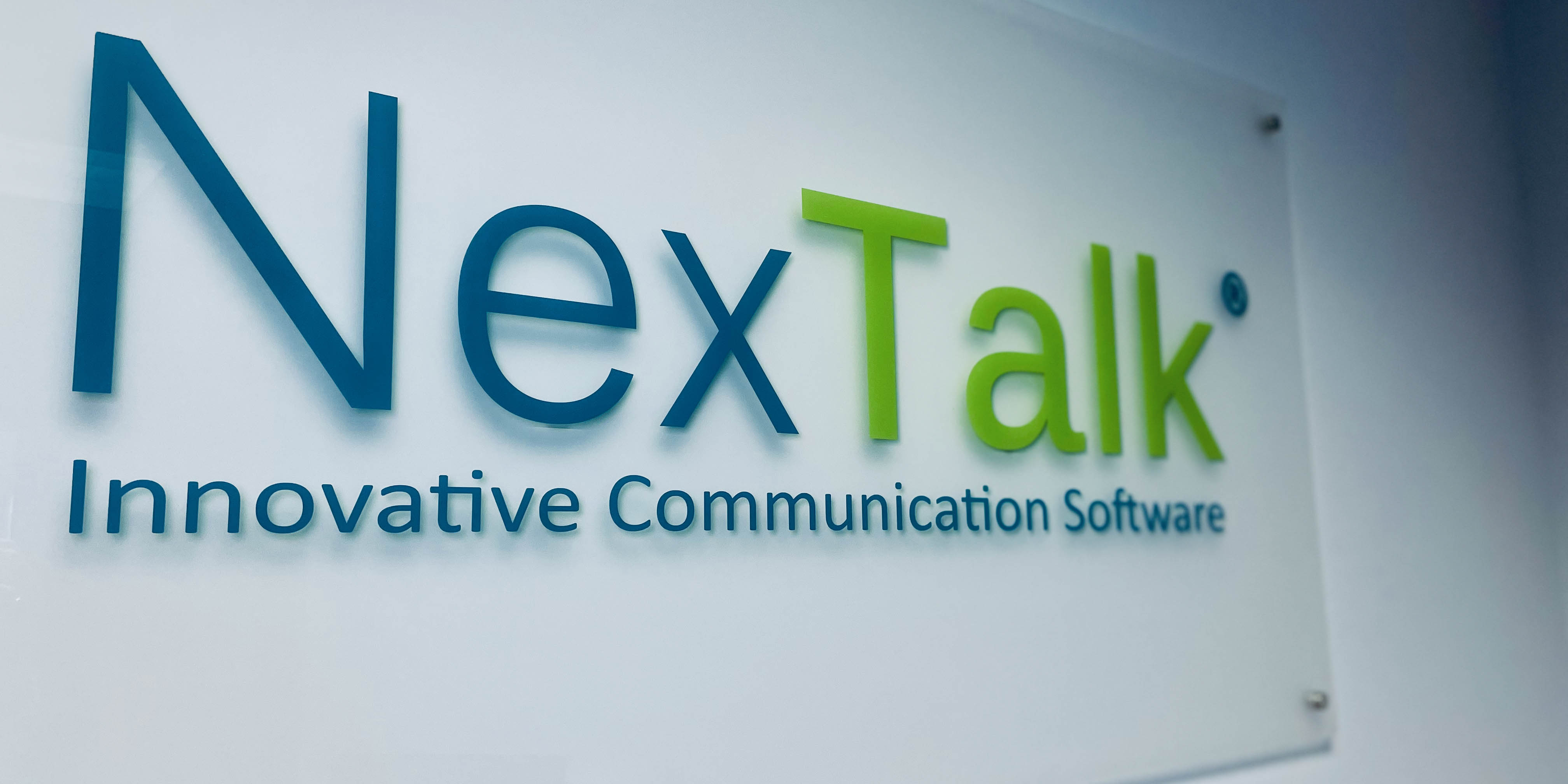The Benefits of Secure ADA-Compliant Communication for Call Centers

Communication plays a vital role in our daily lives, yet we often overlook its importance. Unfortunately, people with hearing impairments face significant communication challenges, so the Americans with Disabilities Act (ADA) mandates businesses to provide reasonable accommodations and equal access. This includes accessible communication for those who are deaf, hard of hearing, or non-English speaking.
In call center environments, accessible communication is particularly crucial, as it can impact customer satisfaction and compliance with ADA regulations. In this blog post, we'll explore the value of accessible call-center communication and how leveraging technology can help. We'll also discuss the benefits of NexTalk's Access Suite and how it can assist call centers in achieving compliance and delivering an enhanced customer experience.
Benefits of Accessible Communication in a Call Center Environment
Improved Customer Experience
Accessible communication is critical to providing an excellent customer experience in call centers. Businesses can enhance their satisfaction and loyalty by enabling customers with hearing impairments to communicate effectively. When customers feel that their needs are being met and that they are being heard, they are more likely to have a positive view of the company and return for future interactions.
Compliance with ADA Regulation
The Americans with Disabilities Act (ADA) mandates that businesses must provide equal access and reasonable accommodations for individuals with disabilities. This includes accessible communication for individuals who are deaf or hard of hearing. Compliance with ADA regulations helps businesses avoid legal penalties and lawsuits and demonstrates their commitment to inclusion and accessibility for all customers.
Compliance with Data Privacy Laws
In addition to ADA compliance, accessible communication also helps call centers to comply with data privacy laws. Traditional communication methods, such as third-party relay providers, can introduce a non-secure party to the conversation, potentially compromising the privacy and security of sensitive information. By utilizing secure and direct communication methods, such as NexTalk's Access Suite, businesses can protect customer data while still providing accessible communication.
Improved Efficiency and Productivity
Accessible communication can lead to improved efficiency and productivity in call centers. By providing direct and real-time communication channels, call centers can reduce call handling times and avoid the need for multiple call transfers, resulting in a more streamlined and efficient workflow. Features such as speech-to-text capabilities and remote video and audio interpreting for multiple languages can help call center representatives communicate more effectively and efficiently with customers. In addition, accessible communication can reduce the need for additional resources, such as interpreters, thereby improving productivity and reducing costs.
Challenges with Current Communication Methods for Deaf People in Call Centers
Effective communication between hearing-impaired individuals and call center representatives has been challenging for many years. Here are some of the challenges that traditional communication methods present:
Third-Party Relay Providers
Traditionally, call center agents use a third-party relay provider to facilitate communication with individuals who are hard of hearing or deaf. These providers often use an interpreter to convert spoken language to sign language or text, which adds extra time to the conversation costing the call center valuable time and driving up agent expenses. It can also result in inaccurate translations and misunderstandings.
Privacy and Security Concerns
Using a third-party relay provider to facilitate communication also concerns privacy and security. Sensitive information could be exposed to an outside party, which could harm both the company and the customer.
Technical Limitations
Traditional communication methods such as TTY (teletypewriter) and Video Relay Services (VRS) also present technical limitations for call center phone equipment. For example, TTY requires both parties to have a TTY device, and VRS requires both parties to have a strong internet connection and a video-enabled device. The other option is for call centers to use 711 which provides a Relay Operator that increases call center agent time and negatively impacts consumer experience and privacy.
The next section will discuss how NexTalk's Access Suite addresses these challenges with its easy-to-install software.
The Advantages of NexTalk's Access Suite
NexTalk’s Access Suite is a software suite designed to make communication effortless, convenient, and secure for individuals who are deaf, hard of hearing, or non-English speakers. The Access Suite provides remote video and audio interpreting services for over 200 languages and American Sign Language, conversion of phone calls to chat boxes, speech-to-text capabilities, and TTY call management systems that are ideal for call centers, offices, hospitals, businesses, cities, counties, government agencies, or individuals at home.
Overview of Access Suite's Features
Phone Calls Converted to Chat Boxes
With NexTalk's Access Suite, phone calls can be converted to chat boxes, allowing individuals to communicate via text. This feature is handy for those who are hard of hearing or have difficulty understanding spoken language.
TTY Call Management Systems
The Access Suite includes TTY call management systems, which provide call routing, answering, and messaging for TTY calls. This feature is handy for call centers that frequently interact with deaf or hard-of-hearing individuals, especially from a data privacy standpoint.
How Does the Access Suite Address Current Communication Challenges for Call Centers?
Elimination of Third-Party Relay Providers
NexTalk's Access Suite eliminates the need for third-party relay providers, which can introduce non-secure parties to the conversation, potentially compromising data privacy. With the Access Suite, all communication is direct.
Enhanced Privacy and Security
The Access Suite is designed to ensure privacy and security for all communications. With end-to-end encryption, the Access Suite guarantees that all transmission is secure and that the data remains private.
Overcoming Technical Limitations
NexTalk's Access Suite overcomes technical limitations and provides accessibility features that other communication tools may not offer. The Access Suite's speech-to-text capabilities, TTY call management systems, and remote interpreting services are designed to provide individuals who are deaf or hard of hearing, or non-English speakers with a seamless communication experience.
Summing it all Up
In conclusion, accessible communication is a fundamental right for people with hearing disabilities. Providing accessible communication in call centers is beneficial for customers and is necessary for businesses to comply with ADA regulations and data privacy laws. The challenges call centers face in providing accessible communication can be overcome with the right technology solutions.
NexTalk offers an array of features that can help address these challenges, such as remote video and audio interpreting, TTY call management systems, and speech-to-text capabilities.
By investing in such technology, businesses can ensure compliance and provide a more satisfying customer experience. As a result, businesses will comply with legal requirements, improve their reputation, and attract more customers.


